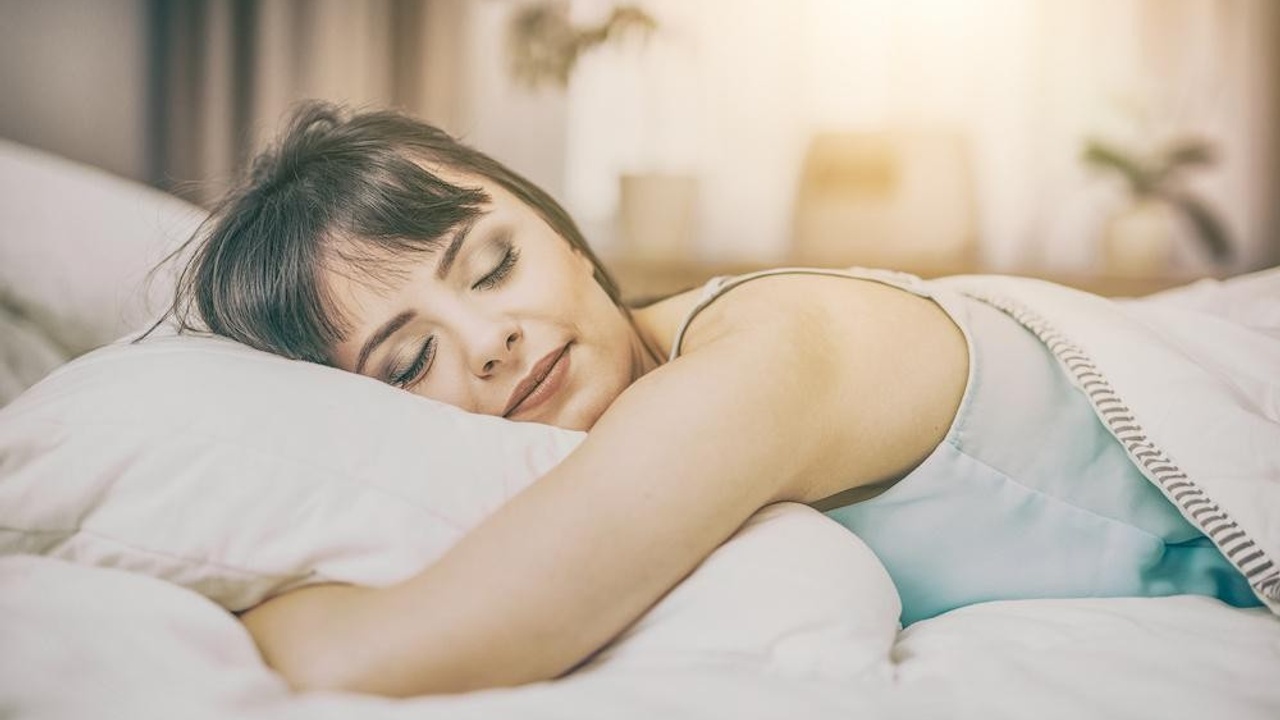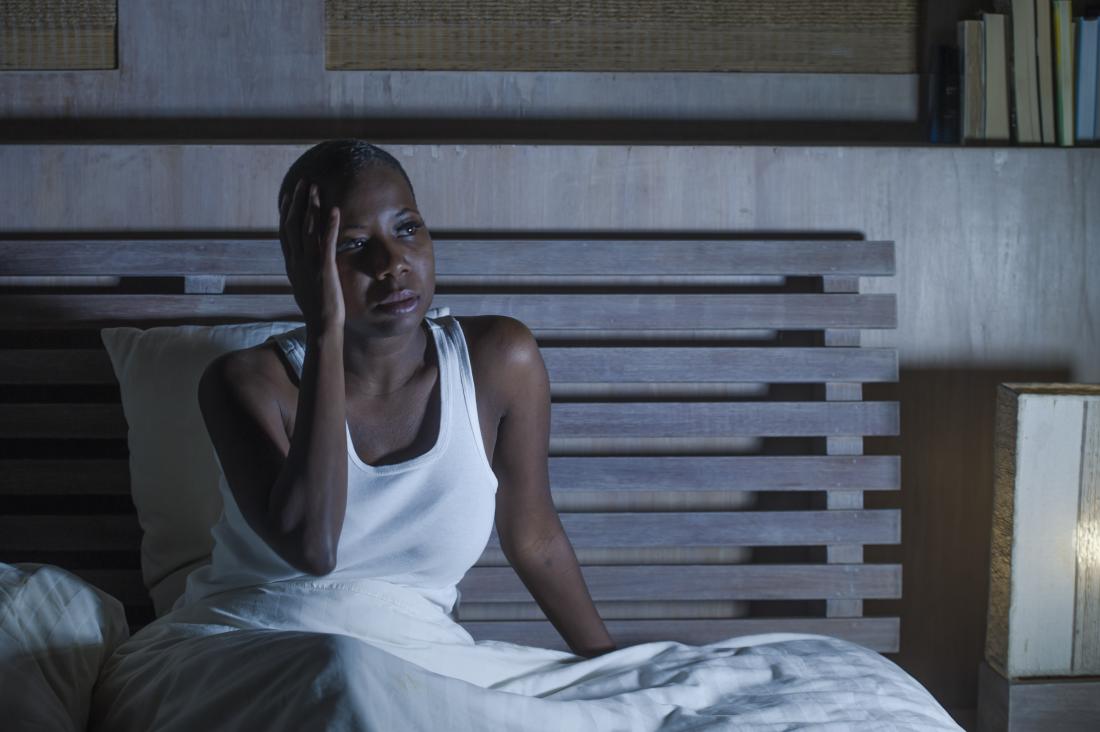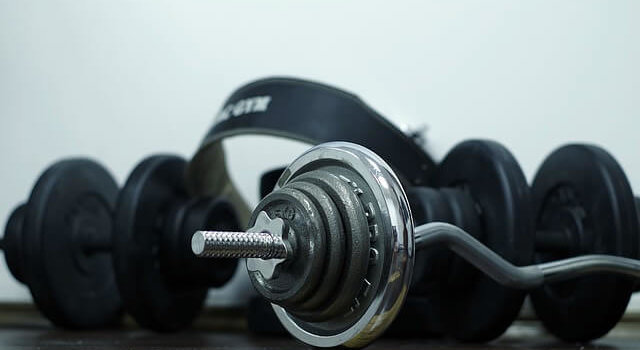
The Real Secret to Balancing Your Circadian Rhythms
Aug 17, 2022You intuitively know that you need to sleep so you can function. The problem is that the day gets away from you and by the time you’re ready to go to sleep, you’ve already caught a second wind. What gives? In this post, we will review the basics of circadian rhythm and sleep, what causes imbalances to those rhythms, and simple strategies to improve sleep and balance circadian rhythms.
Circadian rhythms 101
For millions of years, our stress response system has been linked to the 24 hour rhythm of day and night. The stress response system involves two parts of the brain, the hypothalamus and pituitary gland, along with the adrenal glands, which produce cortisol. This is collectively referred to as the hypothalamic-pituitary-adrenal axis (HPA axis). Cortisol is the master stress response hormone, the one that’s responsible for eliciting a symphony of responses that help you stay alive and face potential threats. Hello, scary tigers coming into your prehistoric cave. Cortisol is highest during the day (when threats were historically the most likely) and then it slowly decreases so melatonin levels can rise and you can sleep at night.
But how does your body know the difference between daytime and nighttime? How does it interpret a rhythm? Get this, your body has an internal clock! Your eyes are a window to your brain’s internal clock, the suprachiasmatic nucleus (SCN). The SCN makes adjustments based on the light coming in through your eyes and communicates to your HPA axis after it senses sunlight each day. Your brain literally recalibrates the rhythms from light signals each day.
The SCN triggers the brain to promote cortisol release and this wakes you up. Rinse and repeat.
TL;DR: Light = hey, wake up body!

What causes circadian disruptions?
Something really fascinating is that the SCN is not influenced by cortisol. Meaning, perceptions of stress don’t influence your internal clocks. It’s only influenced by light/dark. This is why when you’re jet lagged the best solution is to get plenty of sunshine wherever you are. It helps to reset your circadian rhythms. This isn’t to say that stress won’t keep you up at night!
So what causes imbalances to circadian rhythms? Not enough daytime light, excessive blue light in the evening, and chronic sleep deprivation can disrupt circadian rhythms.
Our blue-light-rich world has created this mismatch between the signals and the natural rhythms of our body. The end result is impaired sleep and usually metabolic issues stemming from impaired cortisol signaling. Yes, I’m suggesting that your nighttime TikTok obsession could be increasing your waistline. Don’t kill the messenger!
Chronic sleep deprivation can lead to inflammatory signals and the immediate response to this can be elevations in cortisol. This is protective because cortisol can decrease inflammation. However, long-term the body will adapt and decrease cortisol production. This is when you become vulnerable to chronic disease. And understand this, I get how hard of a pill this is to swallow! As a special needs Mom of a kid who doesn’t breathe when she sleeps, being worried about your own sleep is a double-edged sword.
If you are struggling with sleeping issues, you must honor your circadian rhythm and your internal clock. The good news is that you can make a few simple swaps and additions to your daytime routine to help your body get higher quality sleep at night. Great sleep begins in the morning. (Read that one again).
The 3 most important signals for circadian rhythm balance are
- Light/dark cycles
- Meal timing
- Physical activity
Keep reading for some practical tips!

Natural therapies to improve sleep and circadian rhythms
LIGHT/DARK CYCLES
Morning sunshine is one of the best ways to activate the SCN (your internal clock) and get cortisol and melatonin balanced.
MEAL TIMING
Multiple studies have shown that nutrient availability can help to synchronize your SCN. This means eating a protein-rich breakfast shortly after waking up. I’m all about a daily 12 hour fast for everyone so this one is easy. Breakfast at 7 AM and stop eating after 7 PM. When you’re struggling with circadian rhythm issues, eating breakfast can actually help you sleep better!
PHYSICAL ACTIVITY
Being active while the sun is up can also help coordinate metabolism of nutrients and your circadian rhythm.
A note about sleep: Sleep should occur between 9 PM- 8 AM with a minimum of 7.5 hours in bed with 7 hour of sleep. An ideal goal is 7-9 hours of sleep. This is dependent on your unique needs. Everyone is different but know this: your 5-6 hours of sleep each night isn’t cutting it!
Think about it. Circadian rhythm. It’s a rhythm. It’s somewhat dynamic but it’s really just the body’s signals linked to the rise and fall of the sun. When the sun is up, we are eating, moving, and awake. When the sun sets, we are settling, resting, and recovering. Honor your rhythms and you’ll see your overall sleep quality improve.
Note for my night shift workers- cluster your shifts, get sunshine when you’re able, utilize a light therapy lamp, and melatonin as needed. Avoid Benadryl and other things that prevent deep sleep. Avoid caffeine altogether. Try to get to sleep between the hours of 9 PM-8 AM as often as possible. Support the HPA axis through your diet as much as possible. Utilize blue blockers in the morning after night shift to avoid reactivating the SCN. And when you’re willing and able, quit damn night shift!
SUPPLEMENTS
- 5-HTP (do not use this with an SSRI, like Lexapro)
- Phosphatidylserine
- Magnesium
- GABA
- L-theanine
- Passionflower
- Valerian root
I really like Gaia Sleep & Relax and Magnesium Glycinate to help with sleep!
If you’re ready for a customized functional medicine assessment and a plan to help you rebalance your gut-brain connection and heal your gut for good, please check out the services page and apply to work with us.

